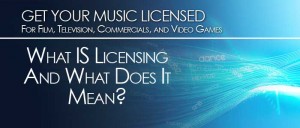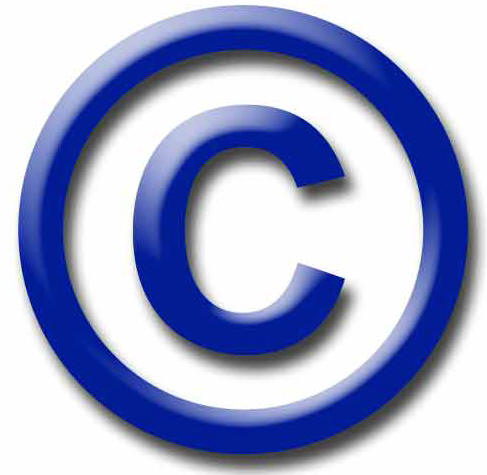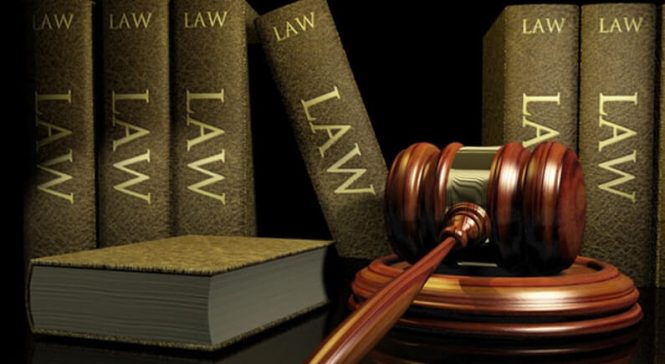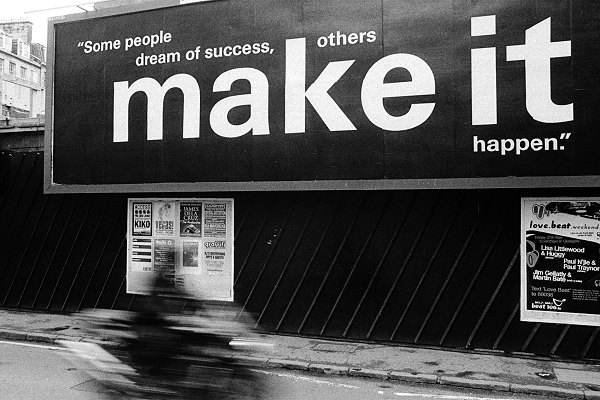What is Licensing? Lately, it’s a word that’s been picking up usage in a lot of independent circles. Most artist seem to realize that it’s something they what, or even need. But what is it, really?
To keep it simple, licensing your music just means you are granting permission to someone else to use your music (or image, or voice for that matter). That’s it…end of article.
But Who Owns What?
Well, OK….Maybe there’s a little more to talk about. Lets start briefly with who owns what (for more details, check out Publishing, Copyrights, And ASCAP…What’s The Difference, and What You Don’t Know About Publishing). When you write a song, you own it by default. You don’t have to register it for copyright, you don’t have to mail it to yourself (which doesn’t work by the way), and you don’t have to sign up with any organizations. It’s yours from the get go. All the above mentioned do, is help you prove you wrote it, and collect any money owed to you. And since you own it, you get to choose who actually records it for commercial release first. Maybe that’s you. Or maybe you’d like to see an established artist have first dibs. No matter what you decide the choice is yours.
Once you get your song recorded, whether it’s you or someone else who does it first, a dual ownership starts. Now there are TWO different pieces of music. There’s the underlying music and lyrics….the words and melodies that you wrote and own. Then there’s the actual sound recording…the actual notes of the lyrics and music fixed in tangible form (ie CD’s, .wav, .Mp3’s, etc.). The record label, production company, or artist will usually own the sound recording.
So, if someone wants to use that song, they need to get your permission AND whoever owns the sound recordings’ permission. And this is where things get complex.
So Who Get’s What?
So, let’s imagine a song you wrote was recorded by The Black Keys, and Michael Bay wants to use this version in his new film “Transformers IV – Dawn of the Go-Bots“. His music supervisor will need to contact you for what is called the Sync License. This will grant them the right to use the actual composition in the movie. However, to use The Black Keys version, the music supervisor will need to contact their label, for what is called a Master Use License.
Both licenses are required for Michael Bay to use the song. However, if Michael Bay prefers to have another, smaller, cheaper group perform the song in the film, the music supervisor will only need to secure the Sync License from you, and The Black Keys and their label will just be left out of the deal. This is another reason why the publishing side of the music business is the most profitable. No matter what, whoever owns the performance copyright, will get paid.
Ok, But The Big Guys Have All The Good Placements Locked Down, Right?
Wrong! Yes, it’s true that at one point, especially the 80’s, major artists were all the studios wanted. Why? Because they could use a soundtrack, full of high profile artist to promote the film through lucrative soundtracks, produced by the major record labels (who were very often part of the same large conglomerate as the film studio). But when’s the last time you remember a movie releasing a major soundtrack? Exactly. Now it’s about the best bang for the buck. And it’s MUCH cheaper for film, television, ad agencies, etc., to come to you, the independent artist and labels, who often own BOTH the rights to the sound recording and music compositions, then try and negotiate ridiculously high rates for the superstar artist. And maybe, that independent artist will be the next big thing, and feel like they owe the company a favor for helping to put them on. One of the rare cases where it’s a Win-Win situation in this business.
So, How Much Are We Talking?
That depends. Since you are not a superstar, companies have much better negotiating power. So your rate will depend on a few things, like:
- How popular is your group or song? Do you have a decent underground following, or is your song hot in a region or demographic important to the company?
- How will your music be used? Is it an important driving force in the ad campaign? Will it be the theme song for a television show? Or is it just background music that is inconsequential to the scene it’s in? All of these things will matter.
- How in love is the producer, director, music supervisor, or editor (yes, they can be a VERY important person in the decision, so go get to know some!) with your song? If, for example, your song was used by the editor as temp music, because he loves your sound, after watching and reviewing all the different edits HUNDREDS of times. It may become hard for the director to envision that scene with anything but your EXACT song.
- What’s the budget? No matter how important you may feel music is in films, television, or life in general, it is ALWAYS the last thing in the budget. So if a project is over budget, don’t expect big $$$. It may end up just being a good chance for exposure, or working your way in on an upcoming project with a bigger budget.
So, with those things in mind, average amounts for regional placements up to national and international deals can range from a few hundred dollars up to $20,000 dollars or more (remember the points above). These amounts are for usually “all in” deals, meaning the amount is for both the Sync License and the Master Use License.
Additionally, for the songwriter, there is also possible residuals. The sync license will initially cover the first run of the commercial/ film/ or television showing, and probably the DVD release as well, especially with film. But if, for example, the film you’re in get’s played on TNT, or overseas, you will be eligible for performance royalties, that your PRO (ASCAP, BMI, SESAC) will collect and distribute to you. And this can be an ongoing payment depending on the success of the project. We have negotiated and administered placements for artists that still to this day receive a few hundred dollars every quarter from a film that was released initially in the US over 5 years ago!
So How Do I Get In On This???
That’s a topic for a whole other post, but in short, there a few things you can do to start.
- Make great music! As overlooked as that gets at times, it’s still key. No one is going to place music that isn’t good and help improve what they already have.
- Make great music! Yup, it’s that important.
- Quality, Quality, Quality. The people who are you’re key to getting placements are not A&R people. They get requests, they look for finished, polished songs that are ready to go. Just because you have ProTools, doesn’t necessarily mean you are a mixing and mastering engineer. Make sure the music you want people to hear sounds professionally done.
- Think of what’s popular. Often times, the requests the placement gate keepers get, are for sound alike records. “We need something that sounds like Kanye Wests”. That doesn’t mean you can’t be original, but don’t be afraid to make a few songs that have a familiar sound and feel. It can help A LOT.
- Get out there and mingle. No one’s gonna select your music if they don’t know you exist. Facebook and Twitter help, but sometimes you need to disconnect (or at least go portable with your smartphone) and mingle with these people in the real world. And no, you don’t have to live in Nashville, New York, or LA to meet them. If you’re in or near any city, there are people there who can help you out. Independent film makers enter into film festivals and can gain a lot of exposure(remember that editor I said you should get in with), there are ad agencies in every city and town, with local, but big, businesses that need music. So go out and find them, and you’ll see one person will lead to another, until you get where you’re trying to go.
There are also services out there that work to get you placements for a fee, like Taxi.com, WeAreListening.org, MusicXRay.com, and many, many more. Whether these service work or not, I’ll leave for you to decide. But if you’re having problems meeting the people you need to meet, it is another option.
Music licensing has always been a key place for songwriters, artists, and independents of all varieties to earn an income. And it is now on it’s way to being the new Hot Spot for independents to push their music. So don’t wait, follow the tips above, and get your music HEARD!!!




